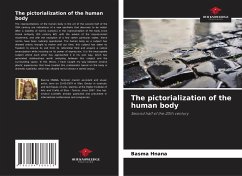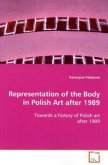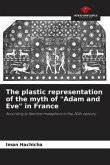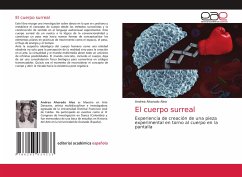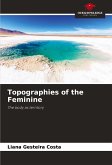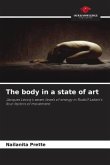The representations of the human body in the art of the second half of the XXth century are indications of a new aesthetic that deserves to be noted. After a stability of norms (canons) in the representation of the body since Greek antiquity (5th century BC) until the advent of the impressionist movement, and with the exception of a few rather particular styles, these norms have been radically questioned. The human body as a subject has allowed artistic thought to evolve until our time, this subject has taken its freedom to ensure its exit from its referential field and acquire a radical emancipation while insisting on its power of expression, it is the inescapable subject where each artist has approached it in his own way, which has generated relationships worth analyzing between this subject and the surrounding space. In this thesis, I have sought my way between several plastic experiences that have treated this problematic based on the body in dramatic spatiality, which has allowed me to choose a varied corpus.
Bitte wählen Sie Ihr Anliegen aus.
Rechnungen
Retourenschein anfordern
Bestellstatus
Storno

